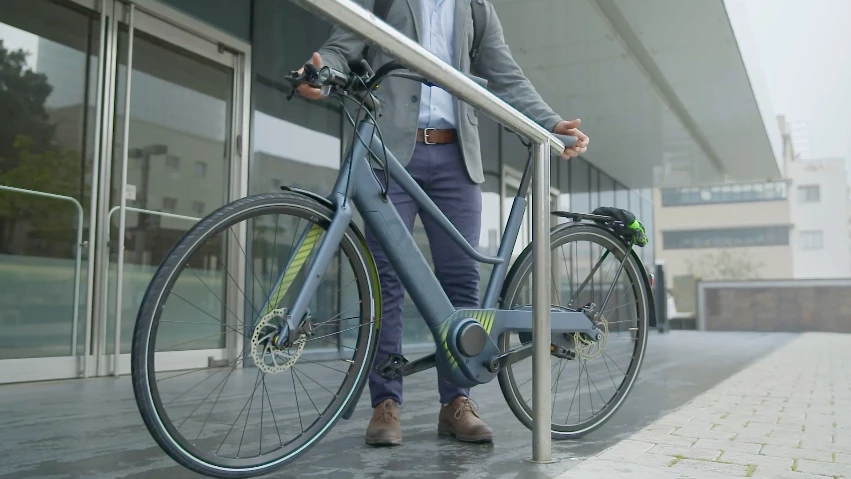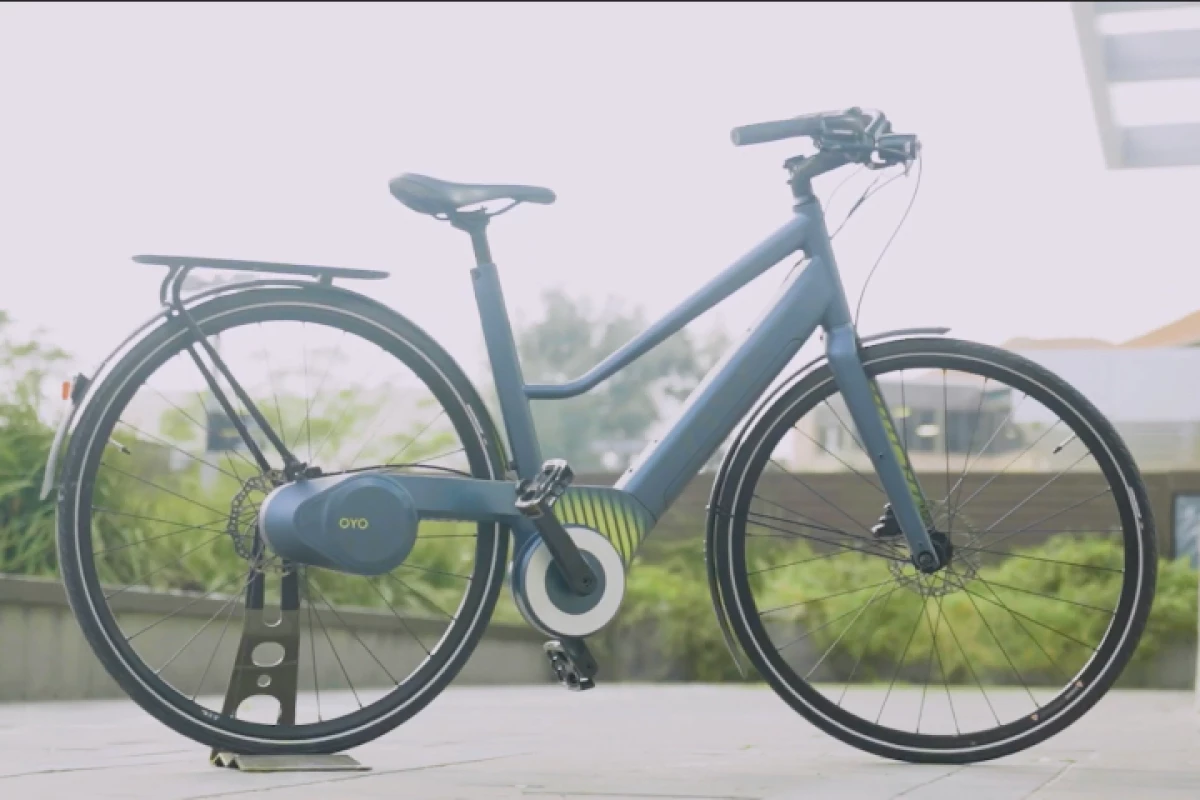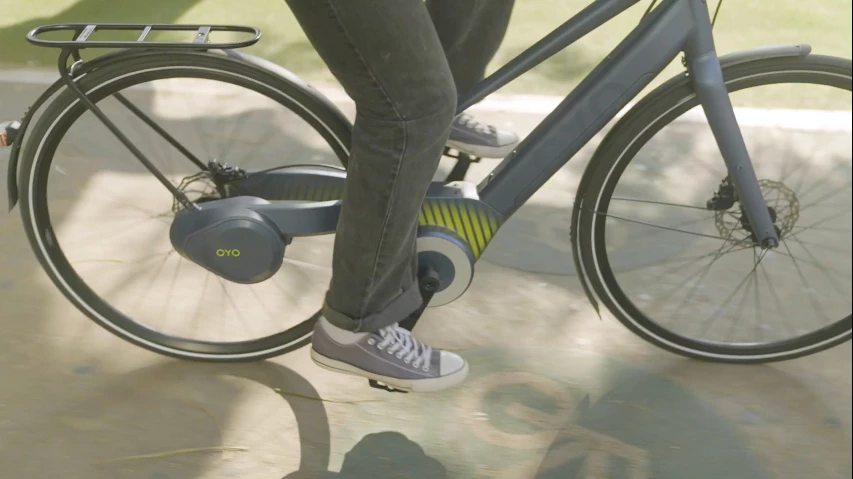Given the fact that not everyone likes greasy ol' chains, we're seeing an increasing number of ebikes that feature belt or even shaft-drive drivetrains. The Oyo takes yet another approach, though, by going hydraulic.
Although the idea of a hydraulic drivetrain may sound pretty cutting-edge, the things have actually been around for some time now – in experimental form, at least. Putting it simply, they incorporate a closed-loop sealed system in which the rider's pedalling power is used to pump hydraulic fluid through tubing into a hydraulic "motor" in the back, that rotates the rear wheel. The fluid then flows back up to the pedal-pump in front.
So why bother? For one thing, hydraulic drivetrains require very little maintenance, they don't get covered in grimy oil that gets on your clothes and hands, and there's no chance of them coming off as a chain does. They also have fewer moving parts than a traditional drivetrain, plus they can be set up with a continuously variable transmission – this means that the bike smoothly transitions from one gear ratio to another, instead of clicking in and out of distinct gears.
Manufactured by electric mobility startup BC Bikes, the Oyo features just such a drivetrain, along with a 250-watt bottom bracket electric motor that augments the rider's pedalling power. Utilizing a handlebar-mounted remote, users can choose between five levels of electrical assistance, which will take them to a top speed of 25 km/h (16 mph).
Integrated sensors continuously monitor speed, cadence and torque, automatically adjusting the gearing accordingly. There's currently no word on battery range (or on total bike weight), but we do know that the down tube-mounted lithium battery can be removed for charging.

Some of the Oyo's other features include an aluminum frame with internally routed cables, a smartphone-activated anti-theft system, and Tektro hydraulic disc brakes. Head and tail lights are an optional extra.
Should you be interested, the ebike is currently the subject of an Indiegogo campaign. Assuming it reaches production, a pledge of US$1,849 will get you one – the planned retail price is $3,599. You can see it action, in the video below.
Potential backers should note, however, that hydraulic drivetrains do have some drawbacks. For one thing, they tend to be heavier than conventional systems, plus they're typically less efficient at converting pedalling energy into forward motion, and they may end up leaking.
Source: Indiegogo





